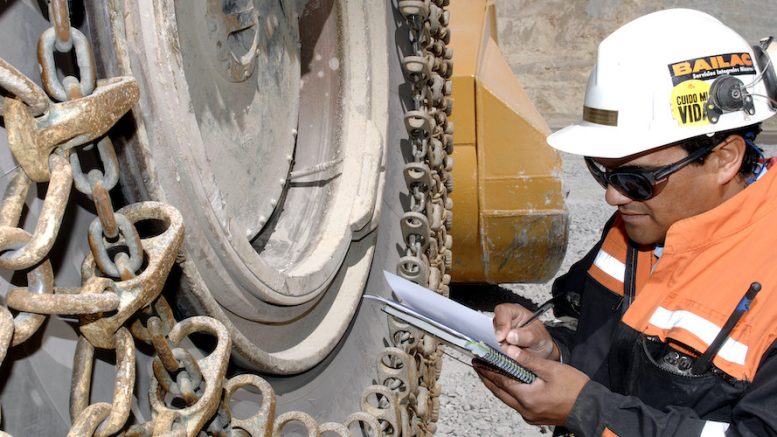Chilean miner Antofagasta (LSE: ANTO) has lowered its full-year output target to 640,000-660,000 tonnes, after production was hindered from water shortages and a leak in an underground pipeline that transports concentrate from Los Pelambres.
The miner said copper output in the second quarter of the year fell 6.5% quarter-on-quarter to 129,800 tonnes. For the half-year, it was almost 26% lower year-on-year, at 268,000 tonnes.
Antofagasta disclosed in early June a leak in a pipeline at its flagship Los Pelambres copper mine’s concentrator plant.
It also said that the operation was among the company’s mines hardest hit by the lack of rainfall in the home country.
Copper miners across Chile have in recent years been forced to find alternative means to feed water to their mines as the country’s longest drought in decades and receding aquifers have hampered operations. Many have sharply reduced use of continental freshwater or turned to desalination plants.
Chile’s copper agency Cochilco estimates that the industry’s use of seawater — either used directly or desalinated — will increase 167% by 2032, while freshwater use will decline 45%. By the end of that period, 68% of water used by mining will come from the ocean, the agency has said.
Antofagasta noted that throughput at Los Pelambres was 36.2% lower than in the first half of 2021, while grades at its Centinela Concentrates were 35.4% lower.
Second-quarter output fell by 6.5% quarter-on-quarter to 129,800 tonnes. The concentrate pipeline incident at Los Pelambres reduced production by about 23,000 tonnes in the quarter.
Antofagasta had previously said it expected to produce between 660,000 and 690,000 tonnes in 2022.
“Looking to the second half of the year, we expect production to increase quarter-on-quarter as throughput recovers at Los Pelambres with increased water availability, grades improve at Centinela Concentrates and as the copper in concentrates, stockpiled at Los Pelambres’ concentrator plant, is moved to the port,” chief executive Iván Arriagada said.
The company, majority-owned by Chile’s Luksic family — one of the country’s wealthiest — highlighted that from April this year all mining operations have been operating solely using renewable energy. This has “significantly” reduced the company’s Scope 2 emissions, Antofagasta said, without providing further details.
Expansion
Antofagasta is close to finishing a much-needed $2.2 billion expansion of Los Pelambres. The project, which was 82% completed by the end of the second quarter, will add 60,000 tonnes of copper a year over the first 15 years to the company’s overall production.
The plan includes boosting throughput at the plant from 175,000 tonnes of ore a day to an average of 190,000 tonnes a day.
It also contemplates the construction of a desalination plant and water pipeline, which is scheduled to be completed in early 2023.
The facility will benefit the existing operation in cases of prolonged or severe drought, such as the one currently hitting miners and wine makers alike. It could also be used for a potential further expansion, which may follow if Antofagasta can secure the required environmental and regulatory approvals.


Be the first to comment on "Drought, operational issues bring down Antofagasta guidance"